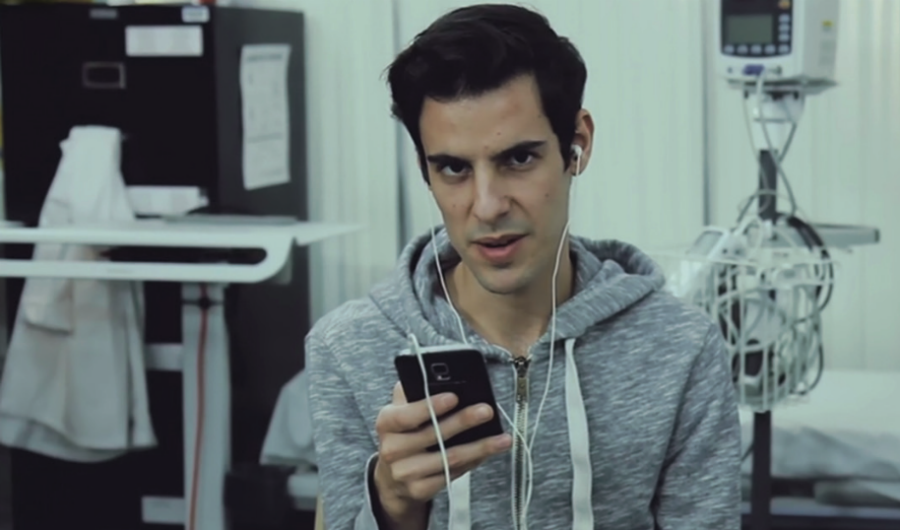
Over the years, gaining access to clinical and laboratory experiences for nursing students has become increasingly difficult at busy hospitals and healthcare facilities. In a field where it is necessary to practice skills and critical thinking, Centennial College nursing faculty Margaret Verkuyl, Dr. Daria Romaniuk from Ryerson University and Dr. Paula Mastrilli from George Brown College collaborated to find a solution.
The idea that emerged was to develop a virtual gaming simulation – a game that would educate students in a safe environment while immersing them in complex, interactive and dynamic storylines that replicate real-life situations.
The nursing faculty group established an interdisciplinary team that included web developers, multimedia production editors, accessibility specialists, interactive designers, audio recording specialists, standardized patients and support staff. Funding was secured through grants from the Chang School and the Ontario Ministry of Advanced Education and Skills Development.
The game leads learners through a series of decision points with patients acting out practice scenarios. At each decision point the user either makes a correct decision and continues, or makes an incorrect decision and views the consequence. When making an incorrect decision, the player is provided with rationales and feedback. The games have been designed in two different formats. Here’s how they work:
FORMAT 1)
The learner reaches a decision point and views three or four video clips with possible responses. There is only one correct response, which they must select before moving on to the next section and decision. Upon completion of the game, learners receive a score based on their response selection.
FORMAT 2)
The learner reaches a decision point and must choose from three or four written descriptions of possible responses. There is only one correct response for each point, with the other responses being either “correct,” “incorrect” or “not the best.” With a correct response, the player continues through the game to the next decision point. With the other responses, the player is given opportunities to choose the correct decision. The learner receives a score based on their decisions, a summary of each decision, along with feedback that includes links to module content.
The team has so far developed three virtual gaming simulations: Post-Op Pediatric Clinical Simulation, Therapeutic Communication and Mental Health Assessment and Pediatrics: Prescribing Controlled Substances. Three more simulations on the topics of maternal and newborn assessment will be completed this spring.
Due to the success and proven benefits of the games so far, these simulations have since been integrated into the curricula of post-secondary institutions and hospital environments across North America and beyond. At Centennial College, more than 98 per cent of nursing students play the game without the incentive of receiving marks for doing so.
Anecdotally, they say the virtual gaming simulation is engaging and that they remember the decisions in the game longer than through other teaching strategies.
Along with design and implementation, Centennial, Ryerson and George Brown have established a rigorous program of research to examine the impact of virtual gaming simulations on students. Studies have found that the games are not only easy to use, but provide positive outcomes related to learner satisfaction, encourage high levels of engagement and result in enhanced knowledge and self-efficacy.
The virtual gaming simulations have received many prestigious local and international awards, including the 2017 International Series Play Awards Silver Medal, Serious Gaming and Virtual Environments Best in the Show (Faculty Division), the Runner Up Award at the IMSH conference 2016, Reimagine Education: 3rd Place in Life Science Category in the Wharton-QS Stars Awards 2015, the Tess Award for Best in Show – Learner Centered and the Nurse Practitioners’ Association of Ontario SHIRE Award.
At Centennial College, our virtual gaming development and research team has grown to include Michelle Hughes, Lynda Atack, Tara McCulloch and Behi Nikaiin. We are proud that our faculty are at the forefront of making dynamic changes to education.
